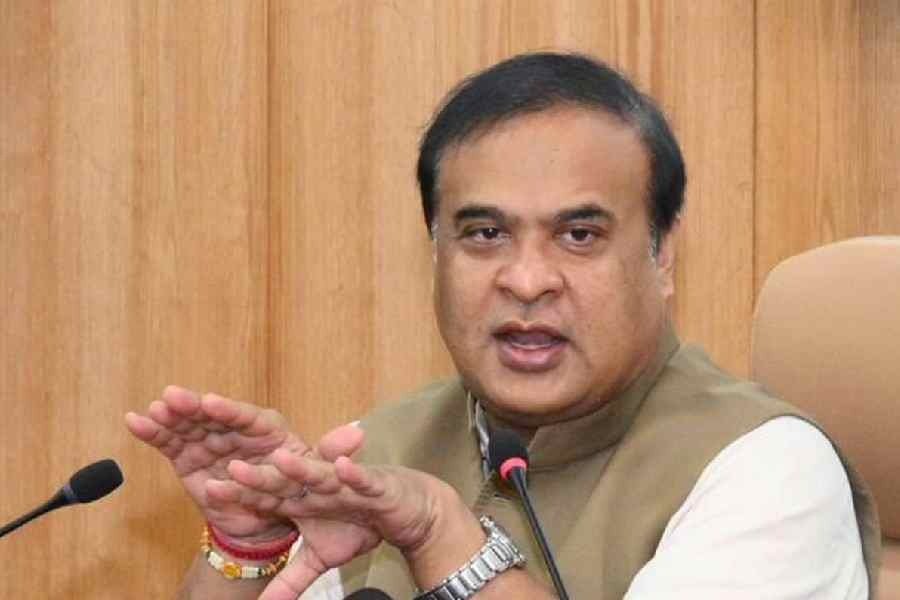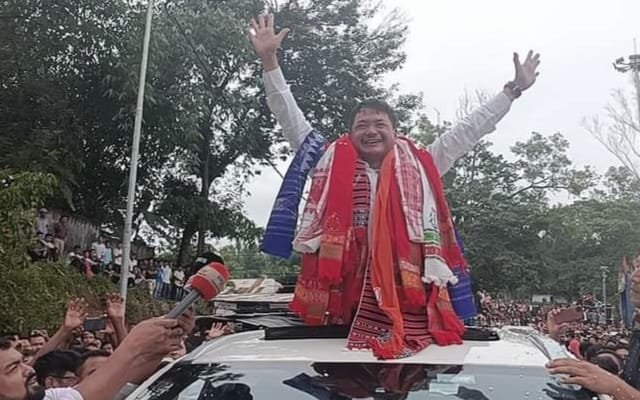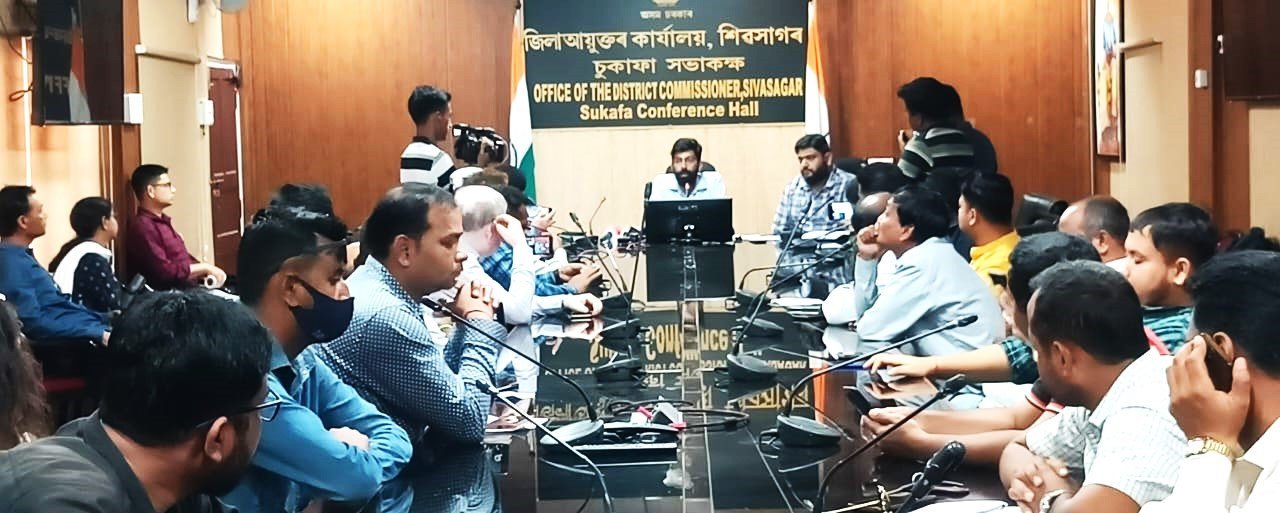HT Digital
June 7, Friday: In the recently concluded Lok Sabha election in Assam, Chief Minister Himanta Biswa Sarma observed a significant shift of the Muslim electorate from the All India United Democratic Front (AIUDF) to the Congress. Addressing the media on Thursday, Sarma asserted that the Congress had now become predominantly a Muslim party, emphasizing that this shift did not come at the expense of the Bharatiya Janata Party (BJP).
“The BJP’s vote share has also increased. Our analysis indicates that votes previously with the AIUDF have moved to the Congress,” Sarma stated. He highlighted that Muslims, who constitute 40% of Assam’s voters, appear to have largely backed the Congress in this election. However, he expressed uncertainty about whether this trend would continue into the 2026 Assembly election.
The AIUDF, contesting in the Dhubri, Nagaon, and Silchar constituencies reserved for Scheduled Castes, faced notable setbacks. Particularly, AIUDF president Maulana Badruddin Ajmal, who had won Dhubri three times consecutively since 2009, lost to Congress’s Rakibul Hussain by over 10.12 lakh votes. In Nagaon and Silchar, AIUDF candidates Aminul Islam and Radheyshyam Biswas finished third.
Sarma also mentioned that the BJP managed to secure a significant portion of Muslim votes in Karimganj due to local dynamics and issues with Congress candidates. The BJP secured victories in nine out of the eleven seats it contested, while allies Asom Gana Parishad and United People’s Party Liberal won one seat each. The Congress won three out of the thirteen seats it contested, with its ally Assam Jatiya Parishad failing to capture the Dibrugarh seat.
According to Sarma, the National Democratic Alliance (NDA) achieved a 46.3% vote share, compared to the 37.48% garnered by the Congress-led INDIA bloc. “Our vote share increased by 10% from the 2019 elections. We performed better than other parties in 93 of Assam’s 126 Assembly segments, up from 67 in 2019, and increased our seat count from nine to eleven,” he remarked. Sarma noted that Assam, alongside Odisha, was an exception where the NDA’s vote percentage rose.
Discussing the NDA’s losses in Manipur, Meghalaya, and Nagaland, Sarma attributed the setbacks to elections in these states being akin to “religious wars,” where religious leaders heavily influence political outcomes. He acknowledged that in some areas, voters used the elections to express grievances through the electronic voting machines (EVMs).
Sarma found the defeat of Agatha K. Sangma of the National People’s Party in Meghalaya’s Tura seat by over 1.5 lakh votes particularly perplexing. Nevertheless, he pointed out that the NDA achieved victories in all seats in Arunachal Pradesh, Tripura, and Sikkim.
This election marks a notable realignment in Assam’s political landscape, with significant implications for future state and national elections.






